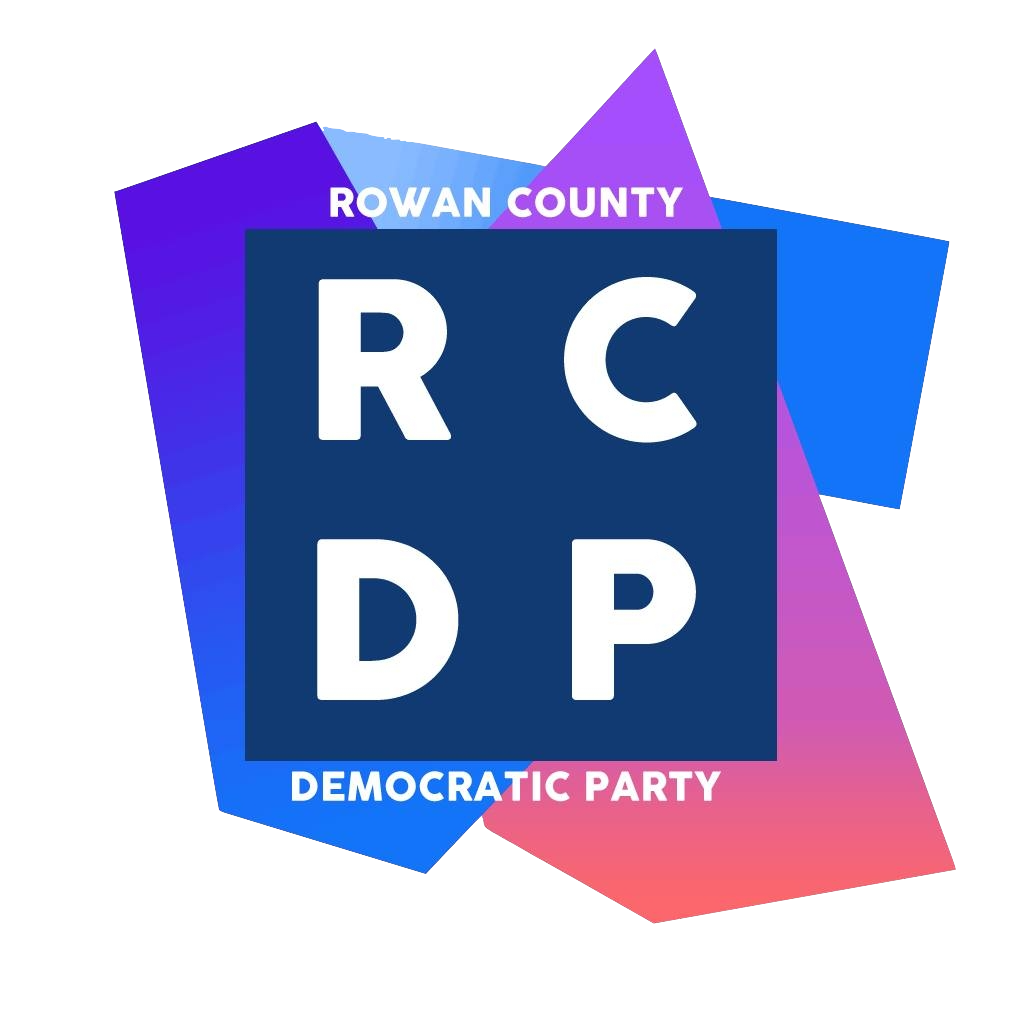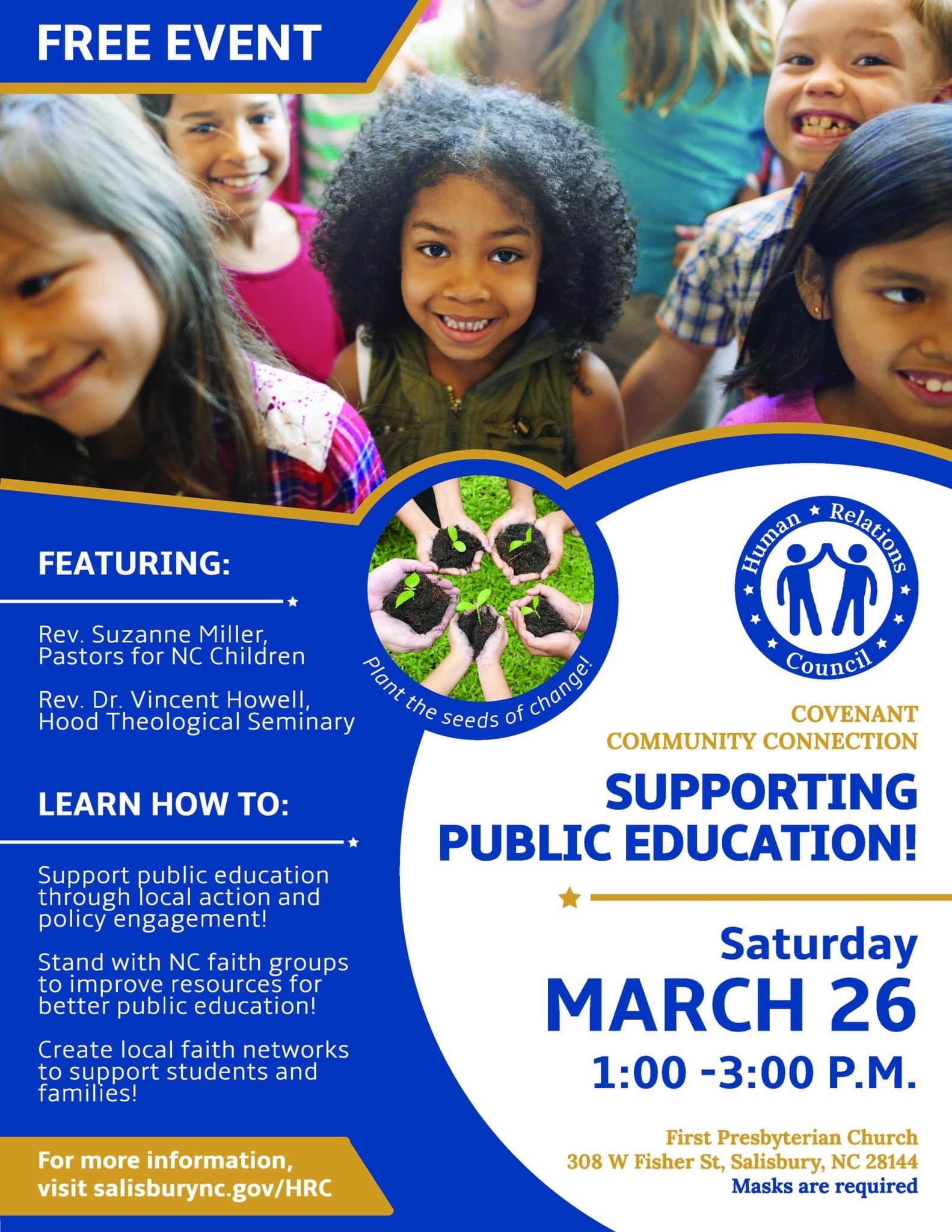Susan Lee encourages us to attend the Supporting Public Education forum on March 26th, an event that is free and open to the public. As she reminds us, “Two questions are ever before us: How can we do more with what we have? And, what can we do better?” Attend this free forum and be better equipped to answer those questions and gain factual information regarding statewide school finance.
All too often when public education goals aren’t met the blame falls on parents, students, teachers, and administrators. Rarely do we question if our schools are adequately resourced. We don’t take time to learn the facts about how public schools are funded and what must be done when they are inadequately funded. Yet how often are we overwhelmed by the community concerns, downward economic trends and violent events that occur when our children’s basic educational needs go unmet? When will we acknowledge the lack of adequate funding as a source of these issues and address it as a solution for these ills?
North Carolina is unique in how its public schools are funded. Unlike most states, North Carolina’s state constitution obligates the state legislature to provide 65% of the funds necessary to provide our children with an adequate public education. 24% is provided by local taxes and 11% comes from the federal government for specific uses. When the state legislature fails to provide its share of funding, as was established NC court 2021 ruling on the Leandro case, the burden of unmet needs reaches far beyond the classroom and back into our community. Particularly in urban counties that lack a large local tax base, inadequate financial resources for education contribute to the causes of poverty, crime and mental health issues. Constitutionally mandated state financial resources for public education are fundamental to preparing students to meet today’s challenges, whether personal or academic. Public school students are depending upon us for a fighting chance at the future that awaits them. Public education is the duty of us all.
In “Let’s Stop and Think” (My Turn, Feb. 6) Pam Bloom invites us to consider the impact of politicizing public schooling. She suggests we take a nonpartisan approach to what is happening in public schools, rather than “succumb to political outrages”. She also reminds us to rationally discern fact from opinion—because our children are watching and learning from us. The good news is that there is an upcoming opportunity for us to do just that!
On Saturday, March 26 Covenant Community Connection, the inter-faith subcommittee of Salisbury’s Human Relations Council, is providing a “Supporting Public Education Forum”. Guest speaker Rev. Suzanne Miller, founder and director of Pastors for NC Children will present “Mission Amplify”, a faith based statewide effort to positively impact legislative branch funding of public schools. Factual information regarding statewide school finance will be presented, along with the opportunity to learn how citizens and faith organizations can take action to create the educational future our children deserve.
Policy advocacy is a necessary, future oriented way to support public education, yet student and families needs can also be very immediate. Faith organizations are often on the front lines of meeting those needs. Two questions are ever before us is: How can we do more with what we have? And, what can we do better? Rev. Dr. Vincent Howell of Hood Theological Seminary, will address these questions as guest speaker on March 26. Rev. Howell looks back on an accomplished, dedicated career in ministry. Among his achievements, he is a key organizer of an interfaith and multi- denominational collaborative that serves the community through the public schools. He will present how faith communities can improve of begin serving in this way. He will share how intentional and coordinated collaborative planning among organizations improves impact. Those attending the forum will learn hands-on, nuts and bolts information to build an effective, countywide coalition that supports community outreach through public education.
Schools and churches are important strands in the weave of community life. We depend on these institutions and they depend on us to be informed citizens who are willing to make the needs of all children a high priority. Let’s stand together and show up for local public schools on Saturday, March 26, at First Presbyterian Church in Salisbury. The event is free and open to the public. All are welcome.
Susan Lee

